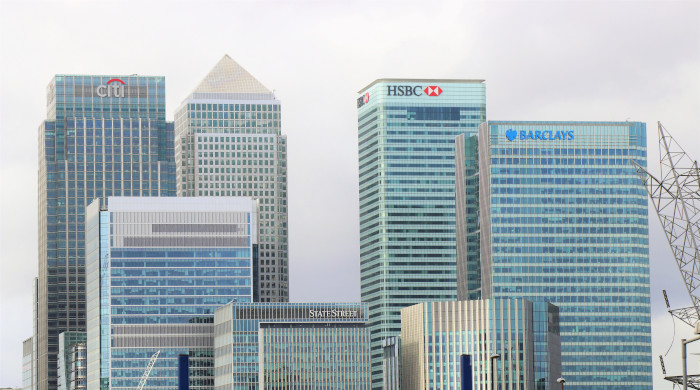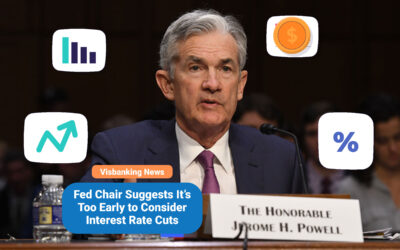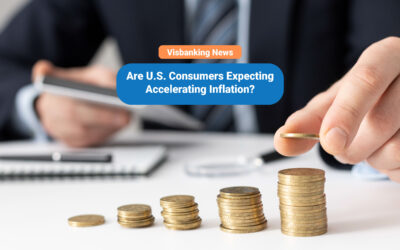By: Ken Chase.
Estimated reading time: 2 minutes
When the Federal Reserve announced the results of its annual bank stress tests in June, confirming that large U.S. banks have the capital reserves necessary to withstand even a severe economic recession. Though the most extreme stress test forecast potential recession losses of more than $600 billion dollars, the results confirmed that those banks’ remaining capital levels would be more than sufficient to satisfy current regulatory requirements.
This year’s test was more stringent than 2001’s, with the most extreme hypothetical including a “severe global recession” and unemployment levels at 10 percent – more than double the current rate. The scenario also envisioned a 55 percent drop in U.S. stock prices and a 40 percent collapse in commercial real estate values.
According to the test results, that extreme scenario could see banks lose more than $450 billion in loans. In addition, they could suffer trading, counterparty, and security losses totaling more than $150 billion. Even that scenario would not be enough to send those banks’ capital below the required minimum levels, however. In fact, the stress test suggests that those hypothetical losses would still leave the affected banks with more than twice the capital they need to meet regulatory requirements.
That stress test report takes on added meaning in the wake of recent news from the Atlanta Fed that suggests that the country’s economy is on track to suffer its second consecutive quarter of negative growth. Two successive quarters of negative growth meets the technical definition for a recession.




